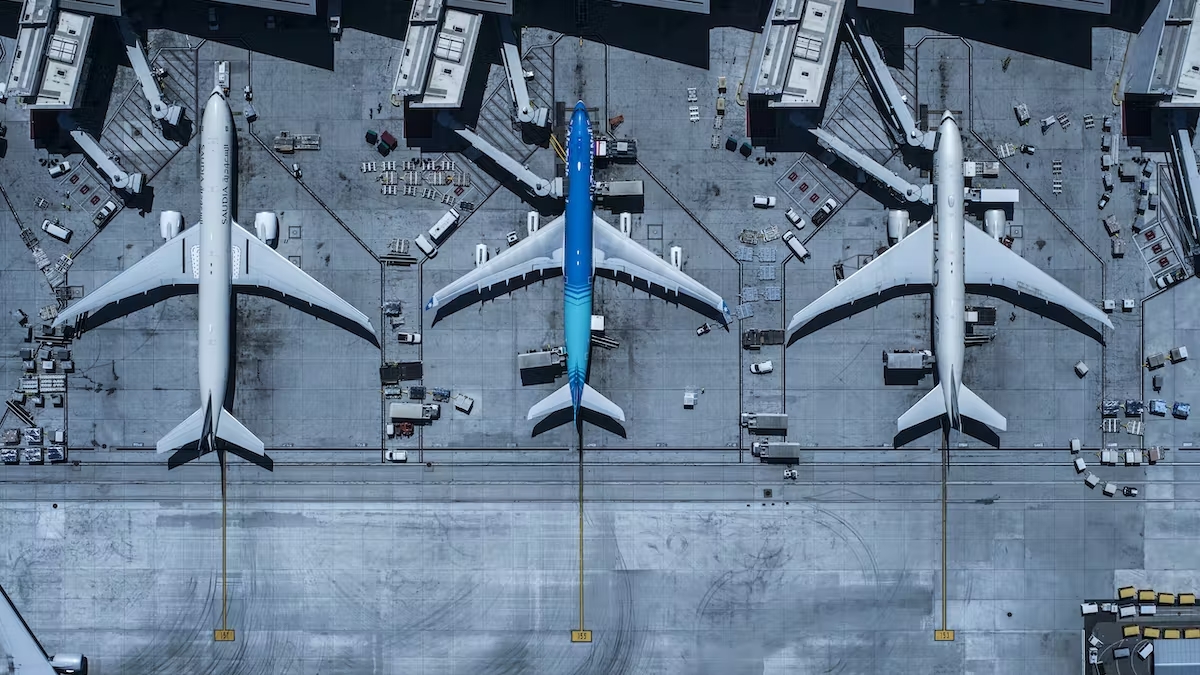The future of flight in a net-zero-carbon world: 9 scenarios, lots of sustainable biofuel
Several major airlines have pledged to reach net-zero carbon emissions by midcentury to fight climate change. It’s an ambitious goal that will require an enormous ramp-up in sustainable aviation fuels, but that alone won’t be enough, our latest research shows. The idea of jetliners running solely on fuel made from used cooking oil from restaurants or corn stalks might seem futuristic, but it’s not that far away. Airlines are already experimenting with sustainable aviation fuels. These include biofuels made from agriculture residues, trees, corn and used cooking oil. Other fuels are synthetic, made by combining captured carbon from the air and green hydrogen, made with renewable energy. Often, they can go straight into existing aircraft fuel tanks that normally hold fossil jet fuel. United Airlines, which has been using a blend of used oil or waste fat and fossil fuels on some flights from Los Angeles and Amsterdam, announced in February 2023 that it had formed a partnership with biofuel companies to power 50,000 flights a year between its Chicago and Denver hubs using ethanol-based sustainable aviation fuels by 2028. In a new study, we examined different options for aviation to reach net-zero emissions and assessed how air travel could continue without contributing to climate change. Each pathway has important trade-offs and hurdles. Replacing fossil jet fuel with sustainable aviation fuels will be crucial, but the industry will still need to invest in direct-air carbon capture and storage to offset emissions that can’t be cut.

